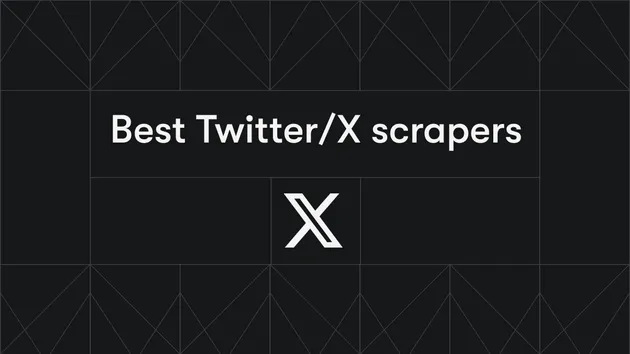Twitter Metrics UI Generator (Pay per result)
Pricing
Pay per usage
Twitter Metrics UI Generator (Pay per result)
The Twitter Metrics(js_inst) Generator API streamlines extracting and analyzing Twitter performance metrics. It provides easy access to data on tweet engagement, user interactions, and follower growth, making it an essential tool for social media managers and analysts to optimize their strategies.
Pricing
Pay per usage
Rating
0.0
(0)
Developer

John Pham
Actor stats
1
Bookmarked
50
Total users
0
Monthly active users
a year ago
Last modified
Categories
Share


